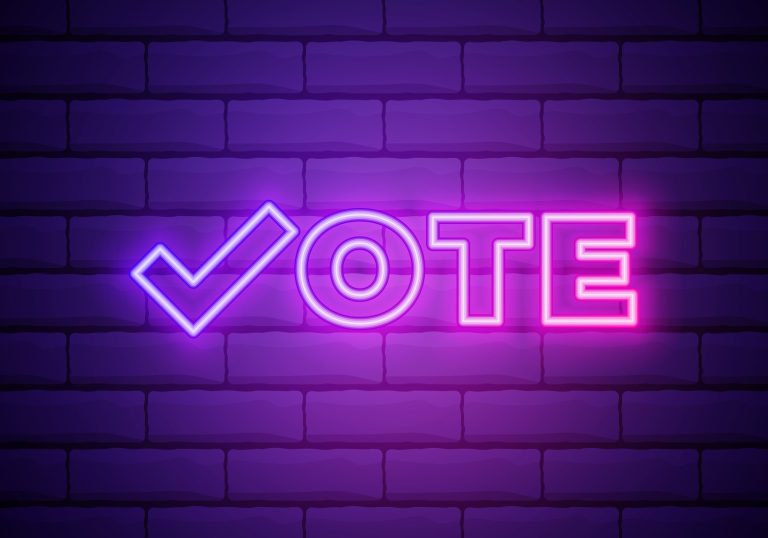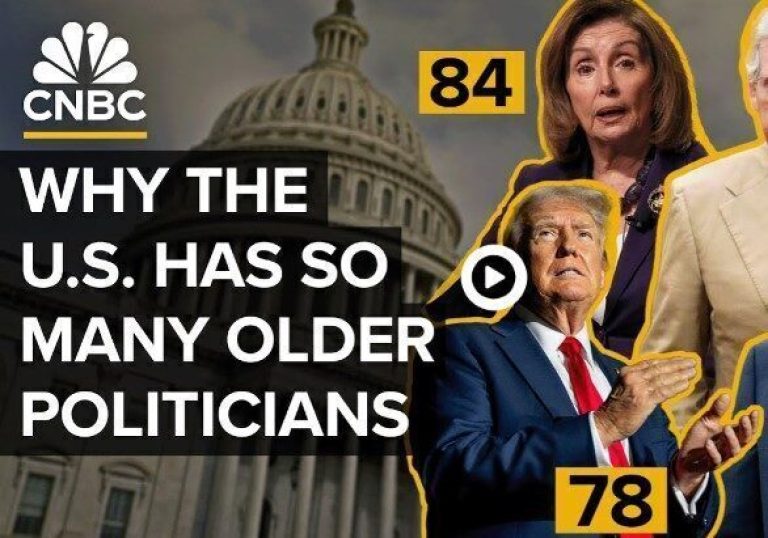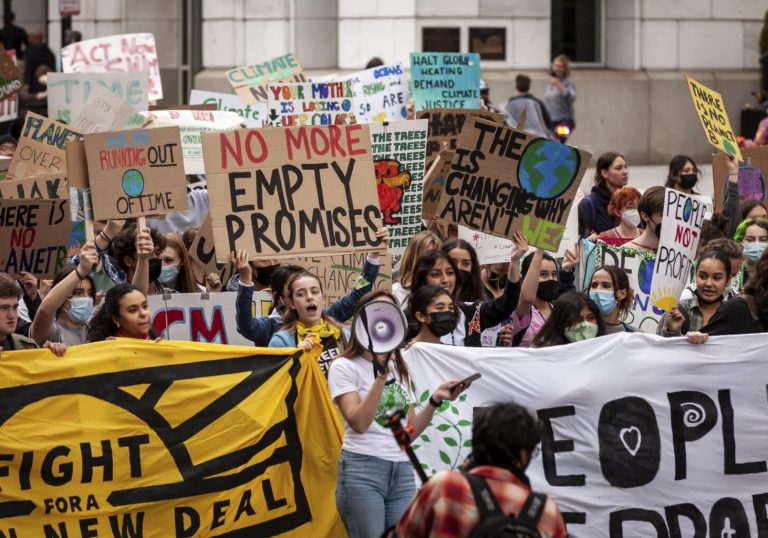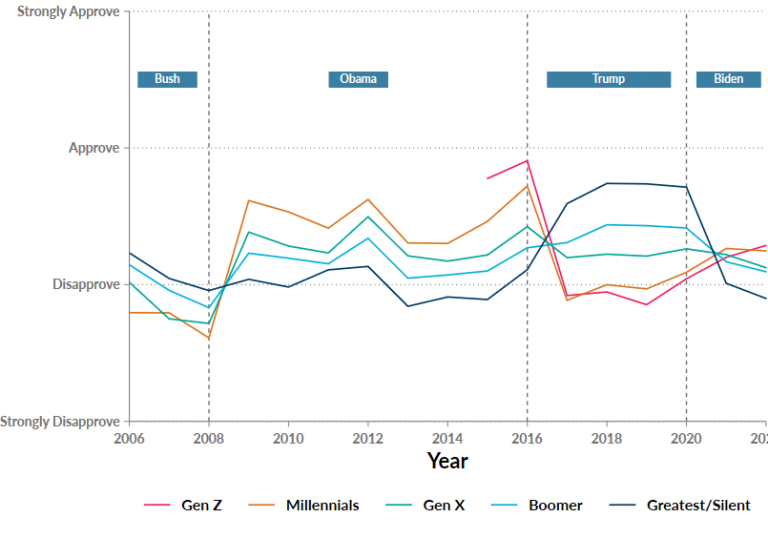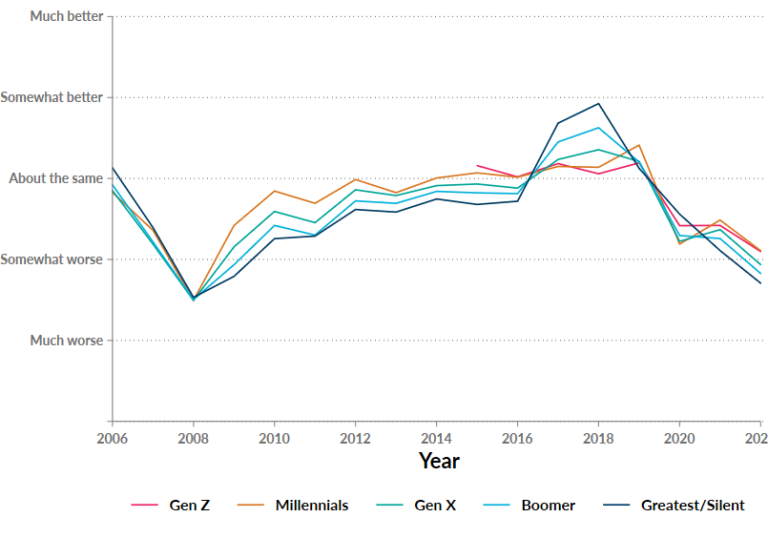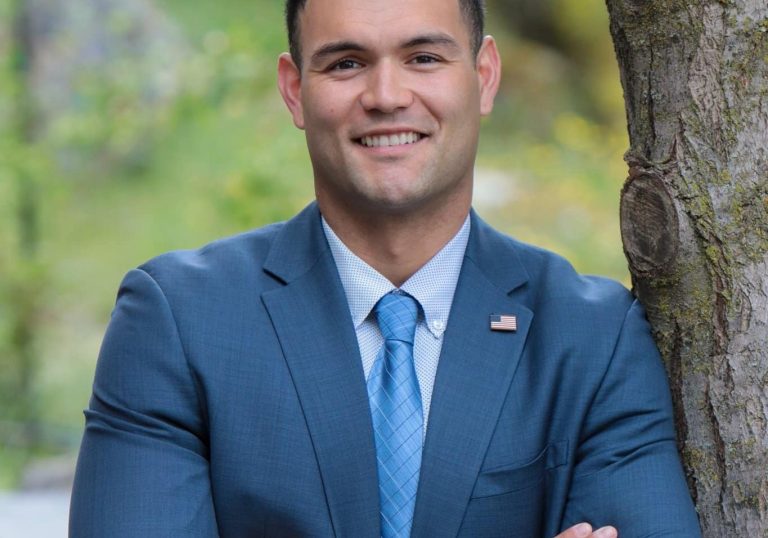Abstract
The purpose of this paper is to share results from a survey that leveraged Cultural Theory to understand the relationship between generational values and political participation in recent U.S. elections. Specifically, this paper explores how generational values were associated with voter turnout in the 2016, 2018, 2020, and 2022 elections and with presidential candidate preference during the 2016 and 2020 elections. This paper presents a cohort analysis of cross-sectional survey data collected in the spring of 2020 matched with validated voter files. The findings are a first attempt to build theory about how generational values may be associated with political engagement and how the values of Millennials and Gen Z, in particular, have influenced voter turnout and presidential candidate preferences in recent U.S. elections. I find a weak correlation between value type and turnout, but a much stronger relationship between value type and presidential candidate preference. Across generations, those with egalitarian values were more likely to support Clinton in 2016 and Biden in 2020; those with individualistic or hierarchical values were more likely to support Trump in both elections. While the association between value type and presidential candidate preference holds across generations, there is more value polarization in candidate preference among the older generations than in the Gen Z/Millennial generation, signaling that the political divisiveness surrounding recent presidential elections may be driven by older age cohorts.
